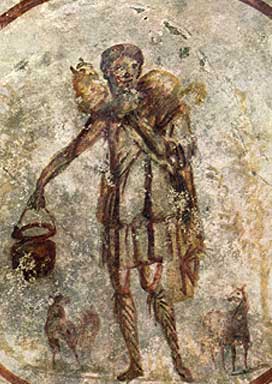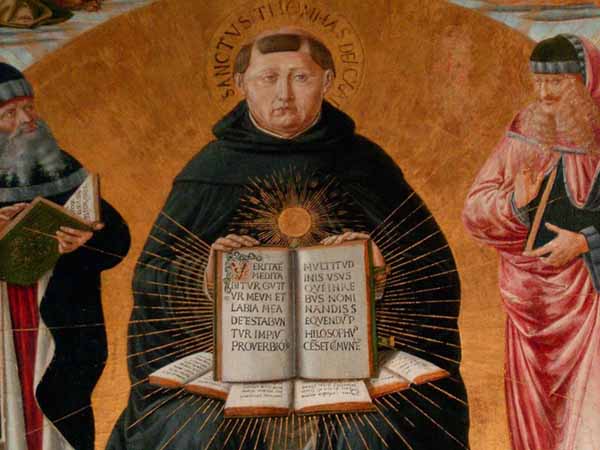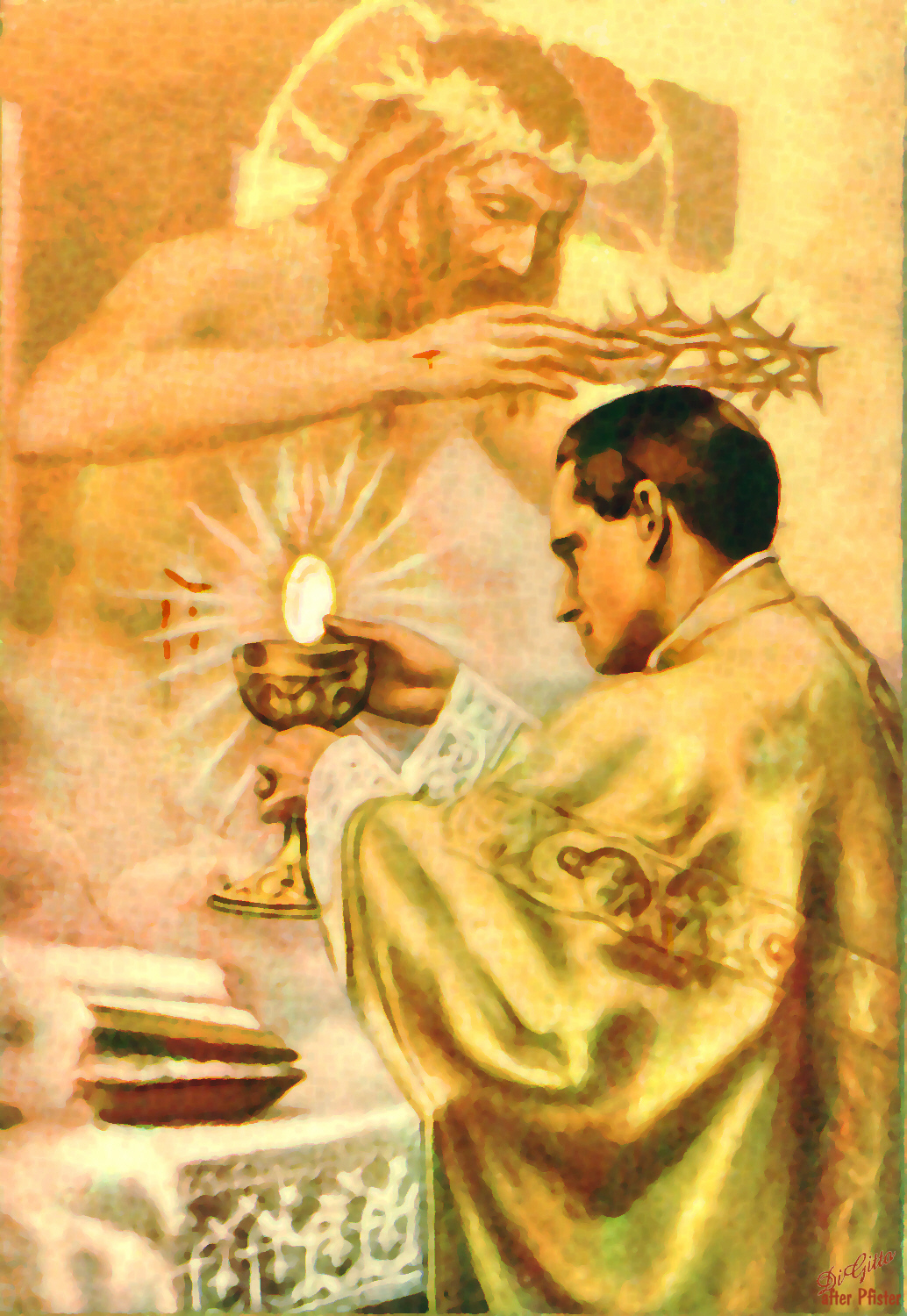The community was outward looking, involved in many "ministries" which reached out to the very pagan community in which it was located. We had street ministry, coffee house ministry, youth and children catechesis, members working in parishes in RCIA and other ministries, and homosexual rescue ministry.
This community had one huge focus which brought us all together. We all loved Jesus Christ, and He was (and still is) the center of our lives.
Communities bring life to other people, evangelize, grow.
Cults are inward looking, centering on the members themselves, and become stagnant spiritually. Frequently, Catholic cults, and, yes, there are some, care more about the group than the people outside the group.
Yes, commitment was an important and necessary part of the community to which I belonged. We met daily in our small groups, weekly in groups of one-hundred, based on the Mosaic organization, and weekly in larger groupings, monthly with the entire community. One met with one's spiritual director once a week, or once every two weeks.
Ministries met to organize, plan, go out into the world to spread the love of Christ to all.
Cults just exist to feed themselves. And, cults usually believe things which are not Catholic, and even against Church teaching.
The sign that a person is in a cult rather than a community can be isolationism, or paranoia. Indeed, the cult defends its own position by turning the wagons inward, or by digging a moat and throwing alligators in the moat.
Not good.
Not healthy.
As people come together for protection and common support, one can follow two simple rules to "take the temperature" of the group and determine whether the group has fallen into the sickness of a cult, or is a healthy community.
Rule One, are the members orthodox and following the teachings of the Catholic Church, loyal to Rome and to the Magisterium?
Rule Two, are the members reaching out to others, spreading the Gospel, doing works of mercy both spiritual and material?
If one can answer "yes" to both questions, one has encountered a healthy community.
If one of the answers is "no", run the other way.
Years ago, I encountered a Catholic community which had one goal-to sustain itself and keep the community going. This community had become cultic, focusing inwardly on itself and its members and not reaching out. Not surprisingly, many of the members had deviated in their beliefs so that they no longer followed Church Teaching.
Cults can seem orthodox, until one speaks with members who begin to exhibit paranoia, exclusivity, pride. Orthodoxy means following the Church in teaching and in practice. Sadly, cults may be found at either extreme spectrum of schismatic ideas, both traditional and liberal.
A healthy community does not have members who are hiding from the world, but members who are trying to save souls.
Preaching the Gospel and saving souls is the call of every Catholic.
Christ gave us a command, not a suggestion when He said this:
Matthew 28:19 Douay-Rheims
19 Going therefore, teach ye all nations; baptizing them in the name of the Father, and of the Son, and of the Holy Ghost.
Each lay person is called to teach, to evangelize, to bring others to Christ. We are not called merely to protect ourselves from spiritual danger.
A strong community does protect its members, but those members also must respond to the love of God for all people.
Learn the difference. To become a member of a cult will endanger your immortal soul.
Another sign of cultic behavior is liturgical rigorism. Those trads who do not believe the NO is valid have departed from Church teaching and have fallen into a cultic mindset. Rigorism is not the same as obedience to liturgical norms. Obedience to the Church's rules on liturgy, on ritual, is a virtue. Only attending a TLM on Sunday,and not attending Mass if only a NO is available is a mortal sin, and those who join together holding such a false idea have formed a cult.
Be careful, be honest, be open to others, be truly orthodox. love Christ above all, and be obedient.
Then, you will be in the loving arms of the Church and not in a cult.
See also
http://supertradmum-etheldredasplace.blogspot.com/2015/08/paranoia-vs-prep-and-ouroboros.html
See also
http://supertradmum-etheldredasplace.blogspot.com/2015/08/paranoia-vs-prep-and-ouroboros.html
























